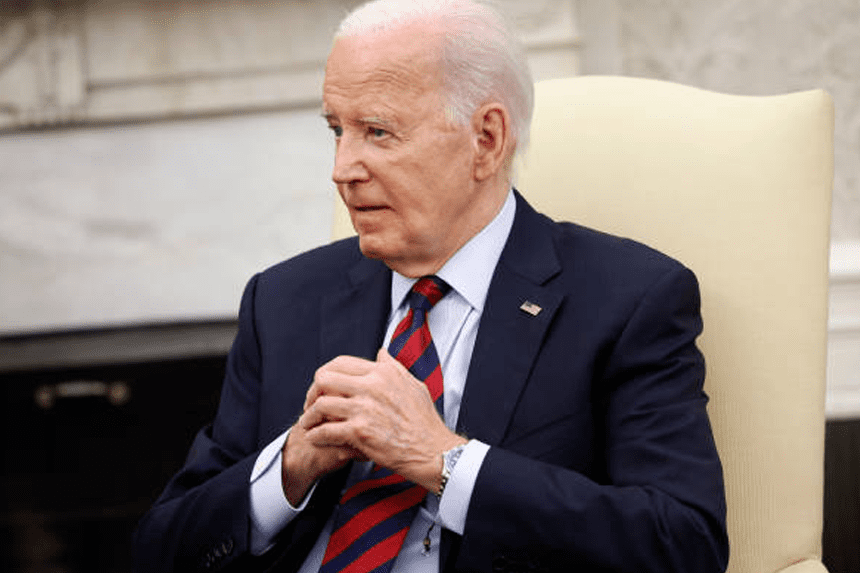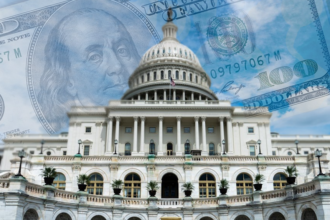The Joe Biden cancer diagnosis has attracted a lot of public attention worldwide and spurred conversations on health, leadership, and cancer consciousness. Recently announced, the diagnosis shows that the former president has aggressive prostate cancer spread to his bones. This page provides a thorough, objective review of the diagnosis, what it implies medically, the responses it has produced, and the main lessons for public health awareness.
- What Kind of Cancer Diagnosis did Joe Biden receive?
- How Common Are Late-Stage Cancer Diagnoses Compared to Biden's?
- Following his diagnosis, how has Joe Biden responded?
- From home to abroad, what support has Biden gotten?
- How Have Political Leaders Responded to the Joe Biden Cancer Announcement?
- Biden's cancer diagnosis raises what medical questions?
- In what ways might this diagnosis change public awareness of prostate cancer?
- What Broad Lessons Does the Joe Biden Cancer Diagnosis Teach?
What Kind of Cancer Diagnosis did Joe Biden receive?
Biden’s office claims that the diagnosis followed his reporting of bladder problems, leading to medical assessments. Further investigation resulted from doctors finding a little lump on his prostate. With a Gleason score of 9 (Grade Group 5), the cancer is high-grade and aggressive, according to the findings. Moreover, the cancer has spread to his bones using metastases.
The malignancy seems hormone-sensitive despite this degree of severity. This feature is crucial since hormone-sensitive prostate tumors usually react well to hormone treatment, which can slow down development and enhance quality of life. Designed to evaluate prostate cancer aggressiveness, the Gleason score system ranks the disease on a scale from 2 to 10, with 9 denoting a fast developing tumor most likely to spread.
Though the spread to bones indicates advanced disease, many patients with metastatic prostate cancer have benefited from developments in treatment.
How Common Are Late-Stage Cancer Diagnoses Compared to Biden's?
People have started to wonder whether the public should have heard about Biden’s health problems earlier. Although some detractors claim his team may have hidden facts, late-stage cancer diagnoses are sadly not rare.
A 2014 UK study revealed that 46% of cancers were discovered just at an advanced stage, usually resulting from the modest early symptoms of the disease. Particularly, prostate cancer can remain asymptomatic for a long period until more severe symptoms start. Therefore, the development towards a late stage does not always suggest dishonesty or carelessness.
This background helps explain why, despite continuous medical surveillance, even popular personalities could get a major cancer diagnosis late in the course of the disease. Read another article on Biden’s Prostate Cancer Diagnosis
Following his diagnosis, how has Joe Biden responded?
Joe Biden expressed thanks in a social media statement for the flood of support. “We all are touched by cancer. Like many of you, Jill and I have discovered that our strongest spot is in the broken places. This comment reminds individuals that support networks are very important during health issues since it shows a feeling of vulnerability mixed with resiliency.
Biden’s answer is not only personal but also motivates others going through comparable challenges. By candidly sharing his diagnosis, he promotes awareness and helps to lower cancer stigma.
From home to abroad, what support has Biden gotten?
Both public and political leaders throughout the world showed great compassion and support when word of Biden’s diagnosis emerged. Among those who voiced support were former vice-president Kamala Harris and former president Barack Obama. King Charles, who is also receiving cancer treatment, also personally wrote Biden a letter of well wishes. Buckingham Palace verified this action, highlighting the relationship developed between the two leaders confronting similar medical challenges.
This global solidarity emphasizes, independent of region or status, the common human experience of disease. It also shows a diplomatic aspect since leaders show compassion for one another going through difficult personal events.
How Have Political Leaders Responded to the Joe Biden Cancer Announcement?
Political reactions have been somewhat different. While numerous leaders and celebrities sent their best wishes, several analysts questioned the openness about Biden’s health during his presidency.
Vice-President JD Vance expressed questions on Biden’s complete capacity to carry out presidential responsibilities during his term. “We do have to be honest about whether the former president was qualified for the position,” he said. He also advised people closest to Biden to answer for not raising health issues sooner.
Although these remarks reflect political criticism, they also raise a more general concern about how public officials present their health. Although openness in health disclosures might foster confidence, privacy issues must be weighed against it.
Biden's cancer diagnosis raises what medical questions?
Clinically, Biden’s diagnosis offers possibilities as well as difficulties for appropriate therapy. Although a Gleason score of 9 indicates a dangerous state of prostate cancer, hormone sensitivity indicates that treatments such as androgen deprivation therapy (ADT) can delay disease growth.
Moreover, new developments in targeted treatments, chemotherapy, and bone-strengthening drugs provide extra means to control symptoms and increase lifespan. For Biden, close observation and flexible treatment plan adaptation will be the keys.
Prostate cancer usually develops slowly, and even metastatic disease can be under control for years, especially with contemporary treatments. Still, quality of life issues and side effects from treatment play major roles.
In what ways might this diagnosis change public awareness of prostate cancer?
Men, particularly those over 50, should strongly remember the Joe Biden cancer diagnosis to give prostate health priority. Early indications, like urine problems, should never be disregarded; regular screening helps to find cancer before it becomes advanced.
To find anomalies early on, groups like the American Cancer Society advise digital rectal exams and prostate-specific antigen (PSA) testing. Public personalities candidly sharing their cancer stories help normalize these discussions and promote preventative medical practices.
What Broad Lessons Does the Joe Biden Cancer Diagnosis Teach?
This scenario underlines numerous important issues pertinent to public health and leadership. The health situation of leaders affects public confidence. One needs clear communication mixed with privacy. Usually, early cancer diagnosis results in better outcomes. Medical therapy advances mean that many, even aggressive, malignancies can be controlled reasonably. Managing cancer calls for both compassion and strength, as well as support systems.
In essence, Joe Biden’s cancer diagnosis raises awareness of the difficulties in managing major diseases. Although the diagnosis is worrisome, hormone-sensitive prostate cancer can be managed the illness reasonably successfully. Biden’s candor about his illness raises awareness and empathy, therefore motivating people to give their health a priority.
The public should concentrate on accurate information, support for persons impacted, and continuous cancer prevention and treatment education as updates keep coming in. Important actions everyone can do are keeping regular health checks, helping loved ones through illness, and acting fast when symptoms start.








